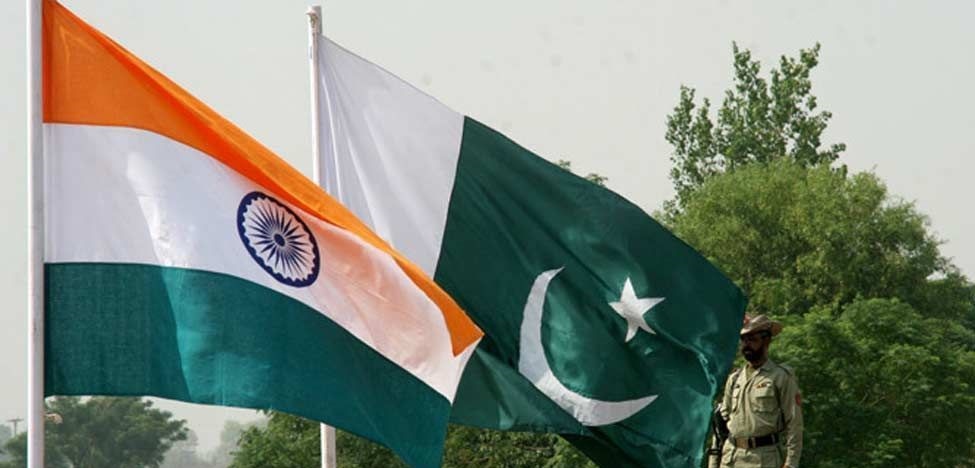70 years of partition
August 14, 2017 | Expert Insights

On August 1947, India got its independence with the end of the British Raj.
Before independence was declared, India under British Raj was partitioned into India and Pakistan. It has been 70 years since the partition occurred.
Background
Company rule in India denoted to the period when parts of the Indian sub-continent was ruled by the East India Company. This was between 1757 and 1858. The British Raj, which is also called the Crown Rule in India, began in 1858. The region ruled by the British Empire came to be known as British India.
There was a dedicated struggle for freedom mounted by leaders and revolutionaries like Mahatma Gandhi and Bhagat Singh that lasted decades. The British Empire weakened especially by the World War II, decided to leave the Indian subcontinent.
During this time, there was also a campaign for a separate state for Islam headed by Muhammad Ali Jinnah. Under his aegis, the state of Pakistan was conceived. Many within India, especially Gandhi opposed to the idea of partition. He questioned the wisdom of the decision. However, majority of Congress leaders including Pandit Nehru came to accept it.
Sir Cyril Radcliffe, a British lawyer, was appointed as the chairman of Border Commissions. The new state of Pakistan was divided into two parts – one in the east and one in the west (modern day Bangladesh). This border is now referred to as the Radcliffe Line. It has been noted that those in the commission did not have the required expertise to carry out the task. This would become one of the causes for violence.
Analysis
The partition of India resulted in one of the worst migration crises in world history. Over 10 million citizens were forced to migrate. Majority of Hindus, who lived in Lahore left their homes behind and headed to India and millions of Muslims set to Pakistan. Even by conservative estimates, as many as one million civilians died in the accompanying riots and local-level fighting. The violence was particularly intense in the Punjab province which had been cut into two.
Historian William Dalrymple paints a picture of the violence by noting, “People who a year before would've attended each other's wedding parties … are murdering each other, raping each other's daughters, roasting each other's babies on spits.” Describing the scene at railway stations like Lahore, he notes, “The platforms are literally awash with blood because a load of Hindus waiting on the platform to travel to India have been massacred, and another platform was covered with blood because a train had just arrived from India full of dead Muslims. Total chaos.”
The two nations never really recovered from the violent divorce. Over the decades, the two countries engaged in major wars like the ones that took place in 1965 and 1971. The Kargil War was fought during the winter months of 1998 and 1999. The two nations have developed nuclear arsenal to counter the threat of the other. They have also fought for the control of Kashmir. India has accused Pakistan of sponsoring insurgency and terrorism.
Assessment
Our assessment is that 70 years after the partition, the two countries remain more divided than ever despite the common cultural and historic ties.








Comments